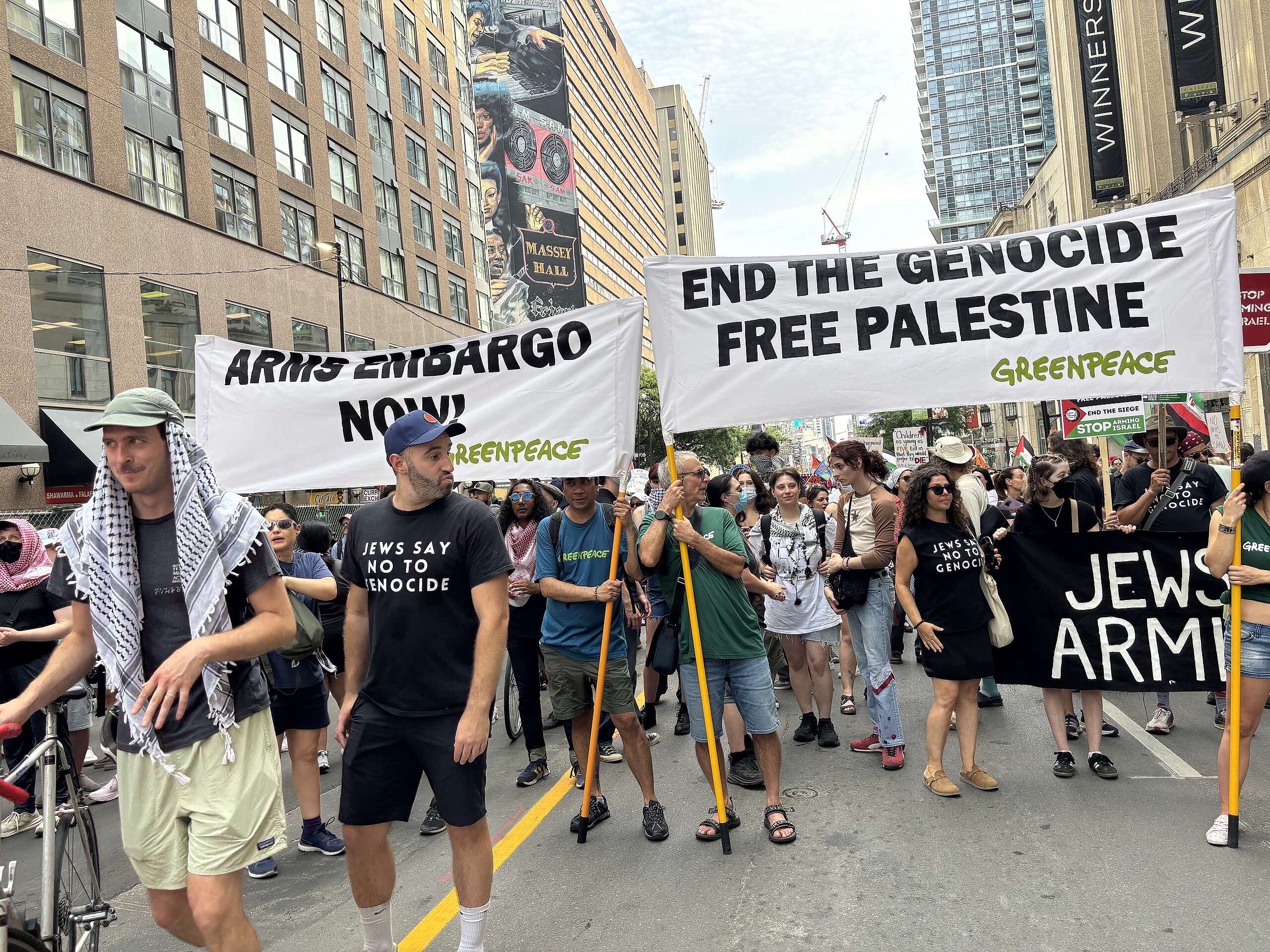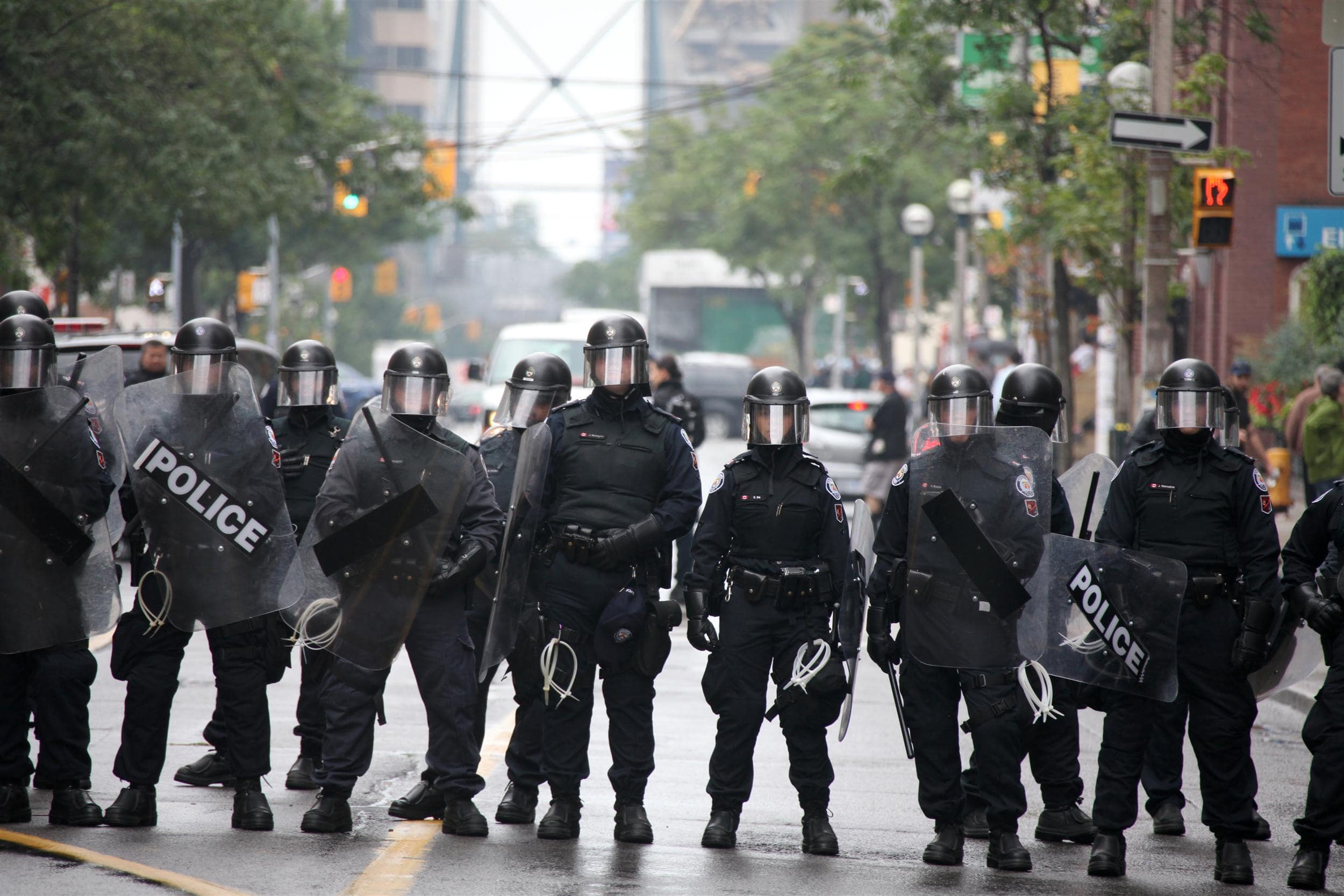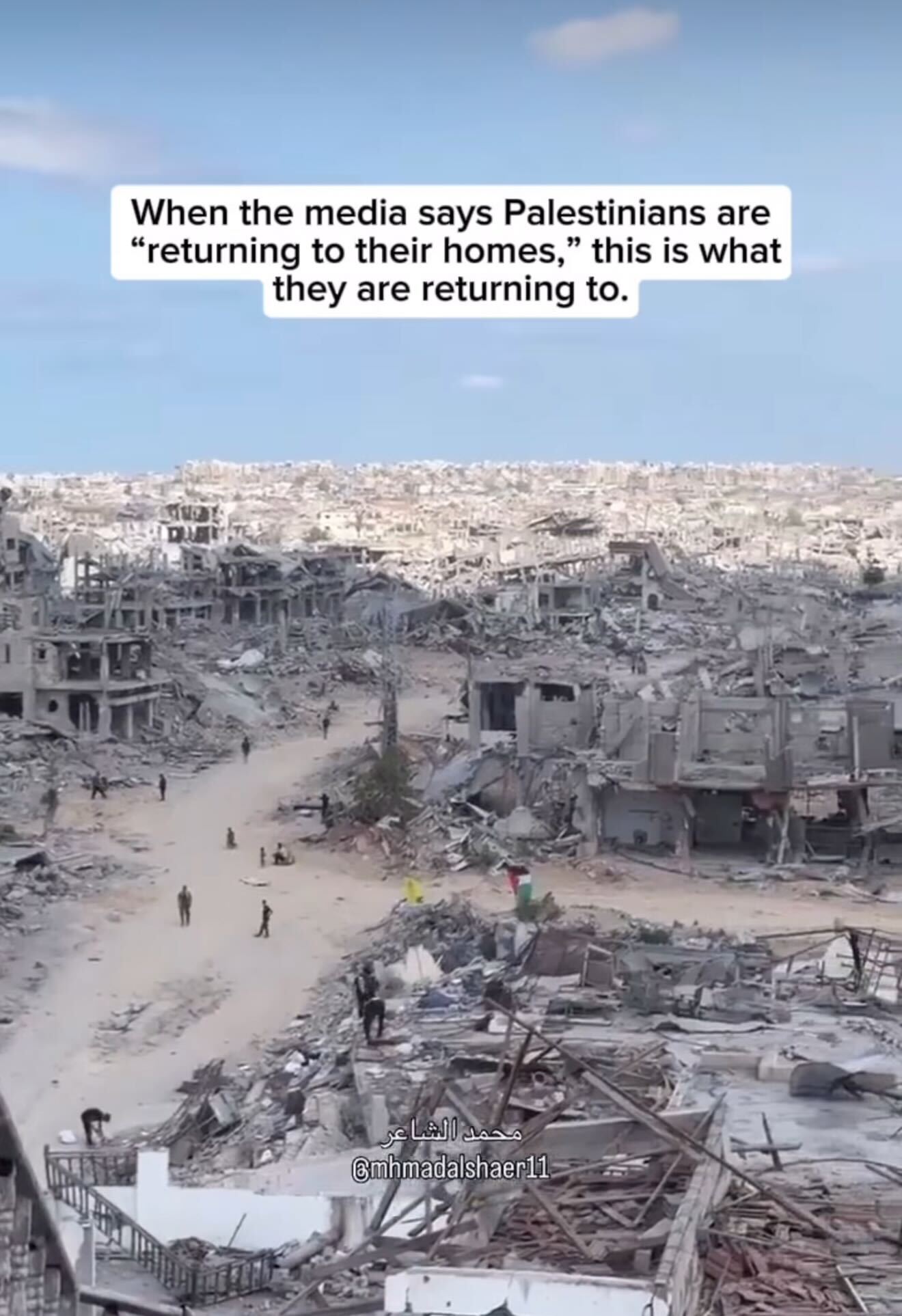My laptop, whatever book is currently on top of my reading pile, and my medication. No matter where I am in the world, I always make sure to pack those items.
This is why, prior to leaving Montreal for a road trip to Quebec’s remote Côte-Nord region, I did what I always do when I know I’ll be travelling for some time. I called up my doctor to ask for additional refills in case my trip ended up being longer than expected, and I checked in with my pharmacist to make sure all my prescriptions were in order. Because I had been unable to get the injectable testosterone, I take on a recent visit to the pharmacy due to a shortage—an issue I have experienced chronically since beginning hormone replacement therapy 15 years ago. I was worried I’d have to leave town without it, but thankfully it was back in stock by that point. [1]
Upon reaching my destination, two things happened back to back: the area I was staying in was suddenly cut off from the rest of the province following a bridge closure, and the nearby city of Sept-Îles and neighbouring Mani-utenam issued evacuation orders due to wildfires. As people scrambled to cancel or reschedule upcoming healthcare appointments or hospital visits, I wondered how I, as a queer and trans person with several healthcare needs that require regular follow-ups, would fare in such circumstances. Especially in a region known for having no 2SLGBTQ+ service organization across its entire territory. It was a stark reminder not to take what little healthcare services I have access to for granted.
It is no secret that climate change compounds and magnifies the hardships and societal inequities that 2SLGBTQ+ people face, particularly when it comes to housing and medical care, which are always among the first key structures to get disrupted in the case of extreme weather events. When you also take into account the rising tide of attacks and violence against queer and trans people over the past few years—including efforts seeking to block access to gender-affirming care, the banning of books and violent threats targeting drag performers taking part in story time events across Canada and the United States—the situation seems particularly bleak.
It is in times of struggle that I remind myself that being queer and trans is to come from a long lineage of activists, teachers and healers, who have dreamed of us as much as we think of them. We owe it to them to meet these challenges head on. But if we are to mount a truly cohesive response, we need to work in solidarity with other groups and make room for a wider variety of voices, including that of our more marginalized community members. This includes listening to 2SQTBIPOC people when they talk about their experiences of discrimination and feeling alienated from queer spaces. It involves committing to learn and do better.
Just as we drew on the lessons of the HIV epidemic to guide us through the COVID-19 pandemic, we need to draw on our history of resilience and resistance while celebrating every victory along the way—whether that’s the birth of the first province-wide organization to support 2SLGBTQ people across all First Nations and Inuit communities in Quebec or U.S. District Judge Thomas Parker striking down Tennessee’s so-called « anti-drag law »—as we forge our way forward. [2][3]
Pride isn’t (just) about a flag or a parade, and it’s certainly not about corporate gestures or banks (like TD sponsoring the Pride Parade in Toronto). It is about recognizing that we all hold these different experiences and identities that coexist inside us, all of which deserve celebrating.
It is about standing defiant in front of the people that deny us our humanity.
It’s about holding space for one another and lifting each other up.
It’s about advocacy and community.
It’s about us.
SOURCES:
[1] https://xtramagazine.com/health/testosterone-shortage-canada-248143
[2] https://www.cbc.ca/news/indigenous/2s-indigiqueer-circle-quebec-1.6778178
[3] https://www.washingtonpost.com/opinions/2023/06/06/republicans-woke-court/
You can also read my other blog: Podcasts and books : a few Pride Month recommendations.



